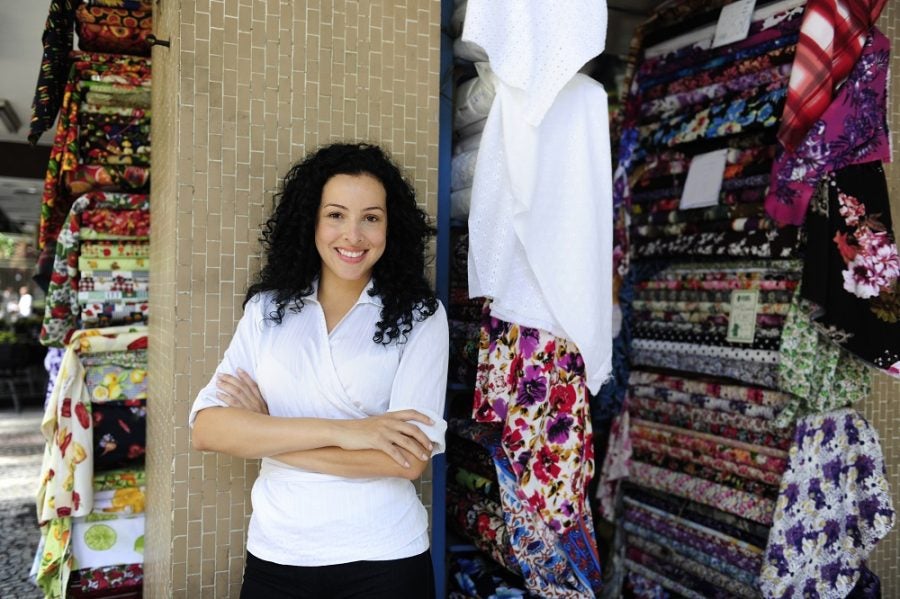This past two weeks, leaders from around the world gathered in New York to attend the United Nation’s General Assembly. One of the topics of discussion was the 2030 Agenda for Sustainable Development, a set of 17 goals focused on improving the prosperity of people and the planet. One of the recurring themes in the 2030 Agenda is the role of trade in supporting economic growth and development. As the World Trade Organization’s (WTO) Director Roberto Azevêdo explained, trade has a “transformative potential […] as part of the policy mix,” and that is why the international community must ensure that “the benefits of trade are spread as widely as possible, in support of development and jobs around the world.”
This means creating a more inclusive trading system that makes trade work for everyone.
In 1990, emerging and developing countries accounted for just 20% of world trade. Worse still, trade among developing countries (known as South–South trade) accounted for just 5%. However, with the reduction of trade barriers, improved transportation infrastructure, and advances in technology, a larger variety of actors than ever before are now able to participate in global trade. Emerging and developing countries have doubled their share of world trade, and South–South trade now accounts for almost 20% of the global total.
Similarly, small and medium sized enterprises (SMEs) are competing alongside large multinational corporations and becoming more prominent players in the global economy. In fact, the International Trade Centre reports that SMEs now account for 95% of global enterprises and almost 70% of employment worldwide.
SMEs are the backbone of many economies, so their internationalization – and that of emerging market SMEs in particular – is critical to greater economic growth and development. However, SMEs face significant barriers to entry and many are not able to take advantage of the opportunities presented by global value chains (GVCs), and therefore cannot grow and compete internationally.
This problem is particularly acute in Latin America and the Caribbean (LAC), where SMEs represent around 95% of companies and 67% of jobs in the region, yet account for just 13% of the region’s exports. This figure is astounding, but is due to the fact that SMEs face higher barriers to entry: mainly a lack of access to financing, limited information about international trade processes, a lack of contacts and networks abroad, including links to existing GVCs, as well as high logistics costs and low levels of technology adoption.
The international trading community is now taking notice of the challenges faced by SMEs and emerging and developing countries, and is working on addressing them by focusing on transforming what was once an exclusive system into an inclusive system.
For example, this year the WTO is dedicating its Public Forum to the theme of “Inclusive Trade.” The forum will examine how the WTO can foster SMEs’ participation in global markets and how innovation can enhance the trading capacities of developing countries. The IDB’s Integration and Trade Sector will host a session at the forum looking at the how regional trade agreements can foster more inclusive growth.
The IDB does a great deal of work on this subject. For example, the Connect Americas platform is helping SMEs from LAC grow their international businesses by providing information about trade finance opportunities, connecting potential clients, suppliers, and investors from the region and the world, and providing free information on international trade and business. Working with the multilateral trade community is another important part of the IDB’s work, and is essential to harnessing the opportunities presented by international trade to deepen and strengthen integration.


Leave a Reply